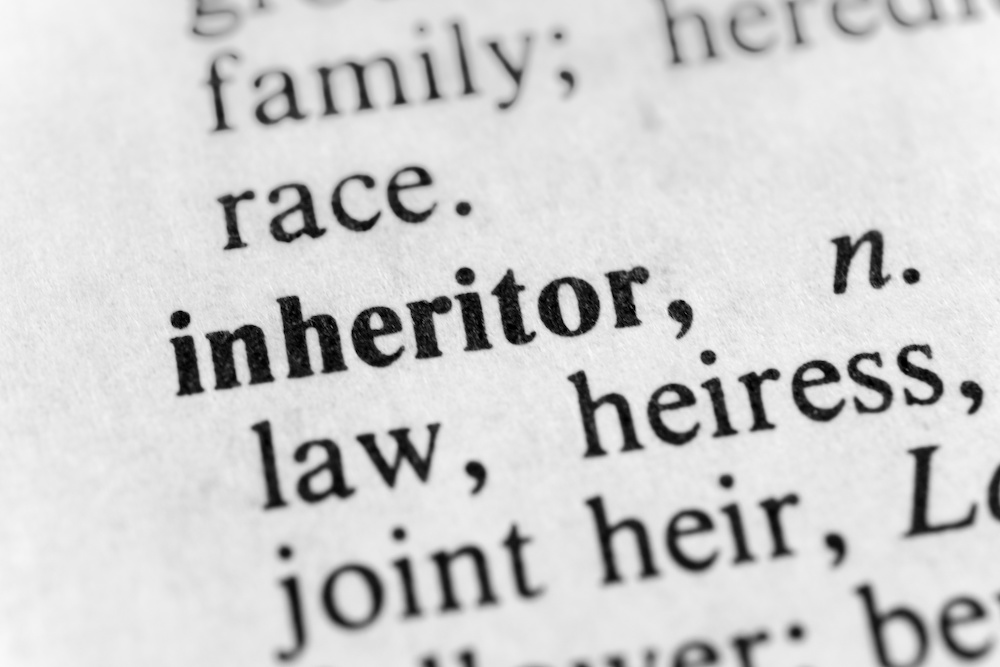
(Part 1 of a 2-Part Series)
Although people rarely look forward to the death of a loved one, many people wonder about their future inheritance. Often, when a person dies and leaves money or property to heirs or beneficiaries, the first thing the beneficiaries want to know is the value of the associated estate. The executor or the trustee (the person or entity in charge of managing the final affairs of a deceased person) may share that information. This may tempt heirs to perform mental math to estimate how much they will receive. With this number in mind, they may even start to mentally spend the anticipated windfall on things that have otherwise been out of reach.

But allowing an heir or beneficiary to mentally spend an inheritance before receipt is dangerous. Most heirs fail to realize that an estate has to settle a number of expenses. In this post, as well as the follow up, which will appear next week, the heir or beneficiary receives the balance. It can differ significantly from what heirs expect.
Heirs Face Creditor Claims

The executor or trustee determines whether the deceased owed anyone money. This often requires a thorough search of the deceased’s financial records. They may also need to contact the deceased’s creditors to identify outstanding balances. Creditors may include banks that hold a mortgage on real property, business partners, credit card companies, hospitals, and medical providers, among others.
Additionally, the executor or trustee gives notice in an appropriate newspaper or legal publication to notify unknown creditors who need to present claims within a certain amount of time. Once creditors present, the executor or trustee must validate and pay claims. In some cases, the executor or trustee challenges and even litigates certain claims in court. In that case, litigation costs may exceed the amount of the claim. This will impact the amount ultimately distributed to the heirs or beneficiaries. Depending on the number of creditors and the amounts owed, an estate may run out of money during the course of administration. This could leave nothing to the heirs of the estate or beneficiaries of the trust.

Estate Expenses for Heirs
In addition to creditor claims, an estate pays administration expenses. Common estate expenses:
- Burial and funeral expenses
- Tax preparation fees
- Property appraisal fees
- Expenses related to storing and shipping personal property to heirs or beneficiaries
- Expenses related to home repairs and improvements to prepare real property for sale
- Maintenance costs for real and personal property during administration of the estate or trust
- Attorney fees
- Trustee or executor fees
- Probate court fees

Depending on the size of the estate and the nature of the accounts and property held by the estate, these expenses reduce the final amount available for heirs or beneficiaries.
Some of the fees listed above can be reduced or even eliminated with good planning during the deceased’s lifetime. For example, a fully funded revocable living trust eliminates the need for probate of an estate. A trust may significantly reduce attorney fees and court costs. Nevertheless, professionals such as attorneys and property appraisers may still be needed even if not dealing with probate. In many cases, however, their involvement can be significantly reduced by avoiding probate.
Check back next week, when we conclude this two-part series about why your heirs might receive a lesser inheritance than they may expect.
About Skvarna Law in Glendora and Upland, California

Skvarna Law Firm operates offices in Glendora and Upland, California. We provide legal services. We cover San Bernardino, Los Angeles, Orange and Riverside Counties. This includes several cities. Upland, Ontario, Rancho Cucamonga, Fontana, Colton, Rialto, Chino, Chino Hills, Glendora, Claremont, Pomona, La Verne, Montclair, San Dimas, Azusa, Covina, West Covina, Diamond Bar, Walnut, La Puente, Corona, Norco & Mira Loma. Visit SkvarnaLaw.com to learn more.


